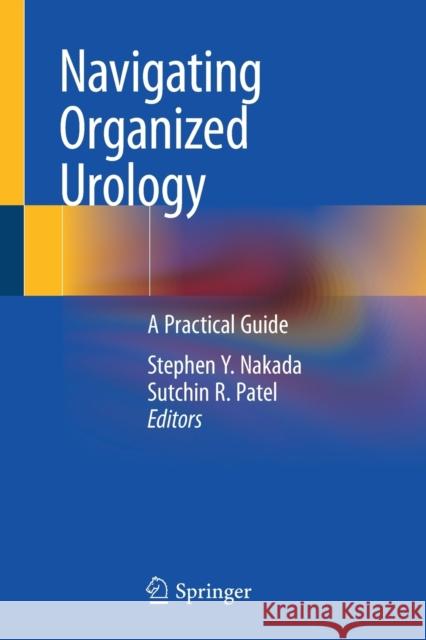Navigating Organized Urology: A Practical Guide » książka
topmenu
Navigating Organized Urology: A Practical Guide
ISBN-13: 9783030206789 / Angielski / Miękka / 2020 / 154 str.
Kategorie BISAC:
Wydawca:
Springer
Język:
Angielski
ISBN-13:
9783030206789
Rok wydania:
2020
Wydanie:
2019
Ilość stron:
154
Waga:
0.23 kg
Wymiary:
23.39 x 15.6 x 0.89
Oprawa:
Miękka
Wolumenów:
01
Dodatkowe informacje:
Wydanie ilustrowane











